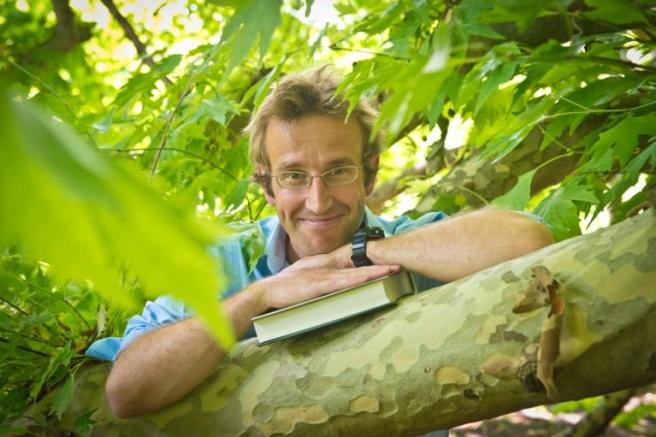
This is a book about the power of language – strong style, single words – to shape our sense of place. […]
The ten following chapters explore writing so fierce in its focus that it can change the vision of its readers for good in both senses. […] A book that brilliantly shows how such seeing might occur in language, written as it is in prose that has ‘the quivering intensity of an arrow thudding into a tree’. And for over a decade I have been collecting place words as I have found them gleaned singly from conversations, correspondences or books, and jotted down in journals or on slips of paper. […]
Many of these terms have mingled oddness and familiarity in the manner that Freud calls uncanny: peculiar in their particularity, but recognizable in that they name something conceivable, if not instantly locatable. Ammil is a Devon term for the fine film of silver ice that coats leaves, twigs and grass when freeze follows thaw, a beautifully exact word for a fugitive phenomenon I have several times seen but never before been able to name. Shetlandic has a word, af’ rug, for the ‘reflex of a wave after it has struck the shore’; another, pirr, meaning ‘a light breath of wind, such as will make a cat’s paw on the water’; and another, klett, for a ‘a low-lying earth-fast rock on the seashore’. On Exmoor, zwer is the onomatopoeic term for the sound made by a covey of partridges taking flight. […]
There are experiences of landscape that will always resist articulation, and of which words offer only a remote echo – or to which silence is by far the best response. Nature does not name itself. Granite does not self-identify as igneous. Light has no grammar. Language is always late for its subject. Sometimes on the top of a mountain I just say, ‘Wow.’
~ Robert Macfarlane, from Chapter 1: “The Word-Hoard” in Landmarks
Note: Portrait – Wharfedaleobserver